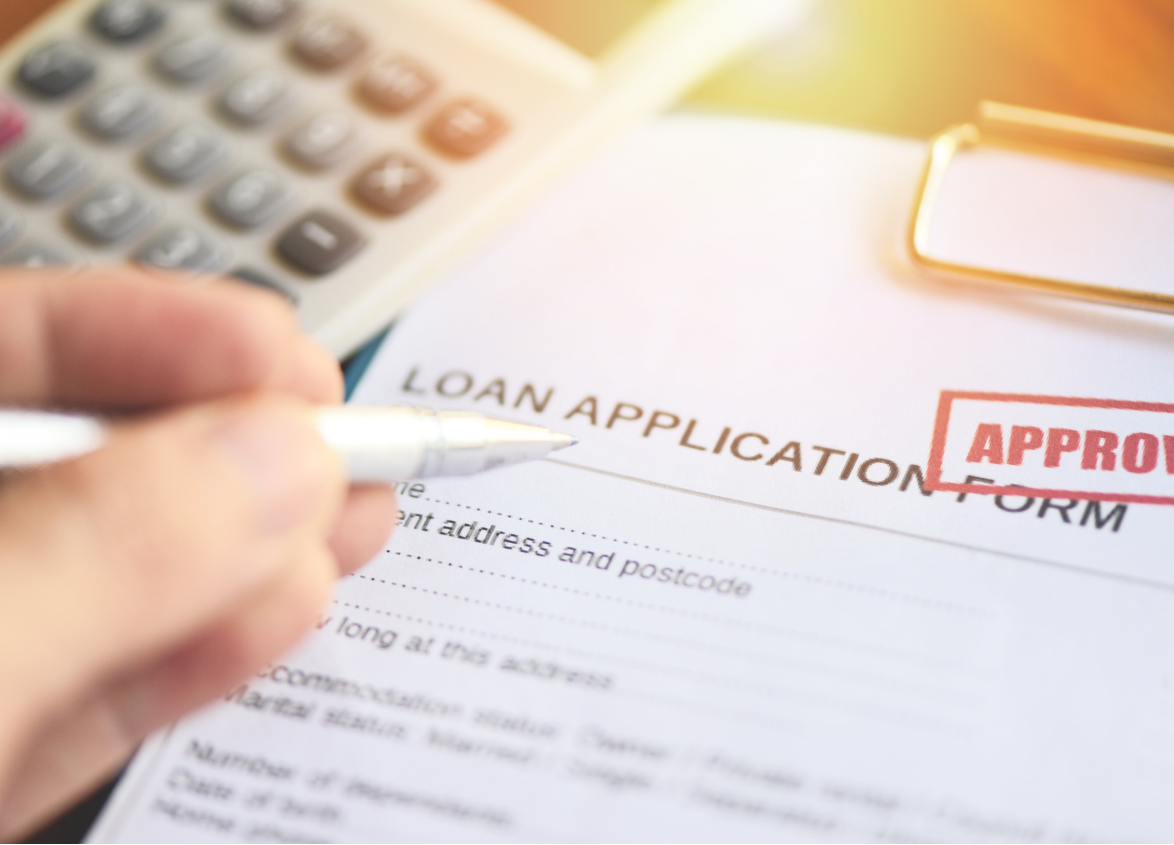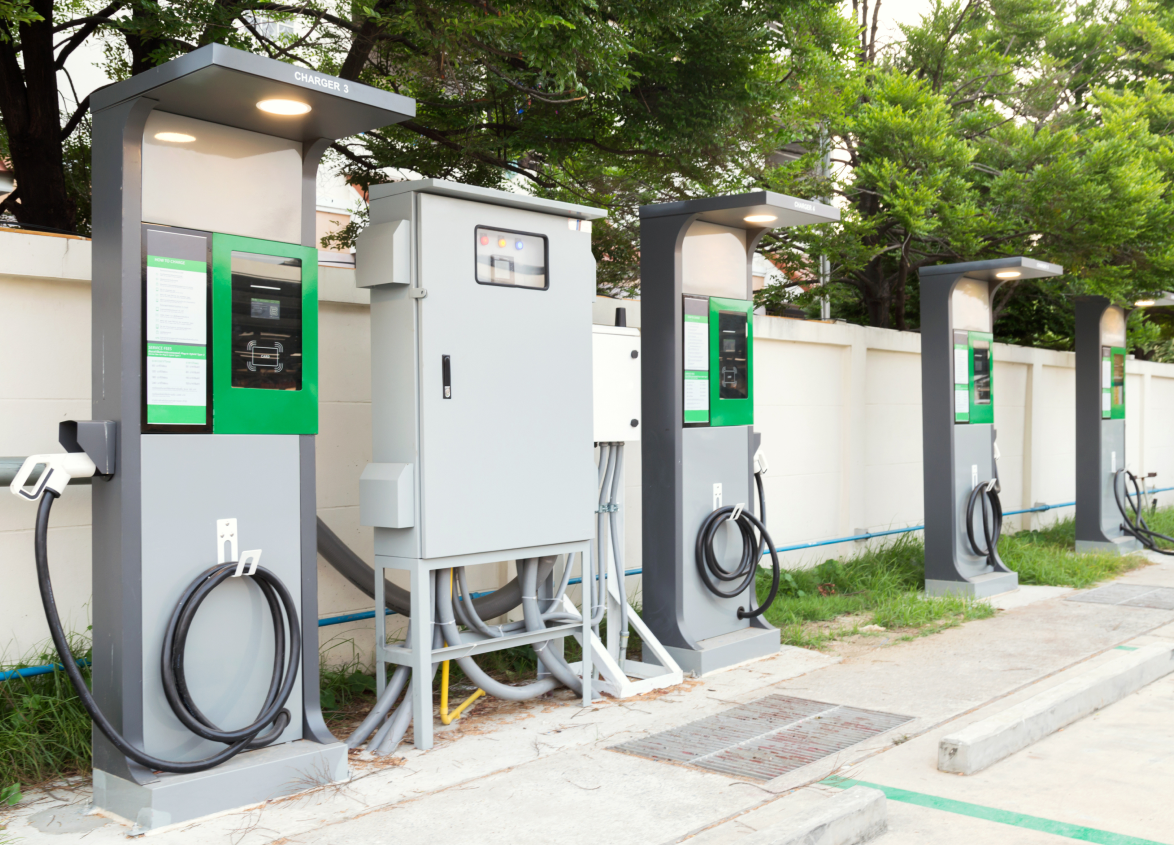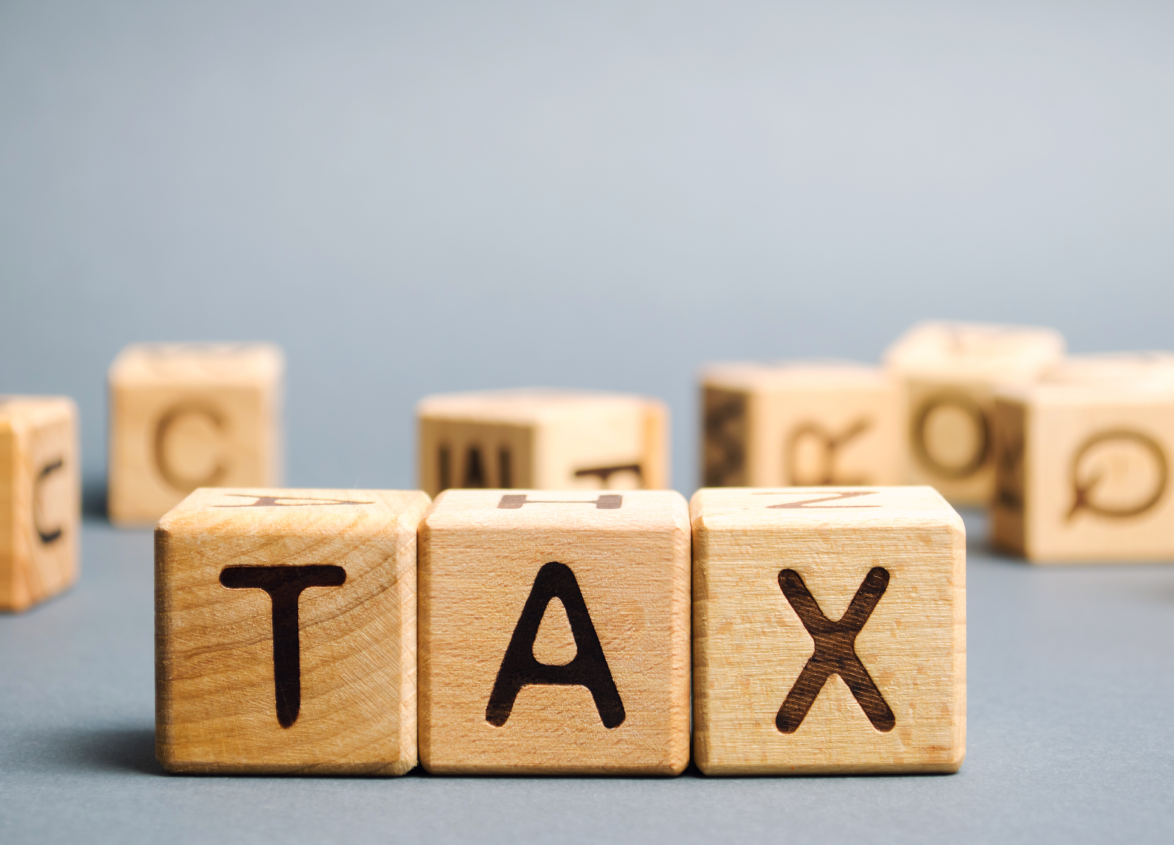
Residential
The Ultimate Home Buyer’s Checklist: 20+ Crucial Documents to Check Before Buying a Flat in India
August 07, 2025
Buying a flat is one of the most significant financial and emotional decisions in a person’s life. But beyond the glossy brochures, show flats, and thrilling site visits, there lies a vital phase that every home buyer needs to pay close attention to—comparing the documents to be checked before buying a flat.
Whether you are a first-time buyer, planning a home loan, or considering a resale flat purchase, overlooking even one important document can put you at risk for dire consequences such as legal disputes, delayed property registration, or rejection of the loan. These documents validate ownership, land use, legal compliance, and the property's financial history.
This blog provides a comprehensive home-buying process checklist to help homebuyers make informed decisions during the intricate process of property transactions.
We outline all the legal documents involved in property buying, from the basic documents, such as the sale deed, title deed, and mortgage deed, to compliance certificates, such as the occupancy certificate, completion certificate, and encumbrance certificate.
Whether you are purchasing a resale flat, a new development, or an office unit, knowing the entire list of documents to check before buying a flat will help you avoid legal complications, financial risks, and ownership disputes and ensure a smooth and legally binding property purchase.
Why Document Verification Is Non-Negotiable in Property Buying
Every real estate transaction involves legal ownership, land classification, construction approvals, and past transaction records. Skipping any document can lead to:
- Unexpected legal disputes
- Rejection of the loan
- Demolition notices
- Property registration delays
- Financial loss or tax penalty
Therefore, here is the complete list of documents to be verified before buying a flat in the purchase market.
Home Buying Process Checklist - 20+ Documents You Must Verify
Here's a comprehensive home-buying process checklist every homebuyer should use. It includes a detailed list of documents to check before buying a flat and expert advice to help you verify each important document confidently.
1. Sale Deed: This fundamental legal document establishes the property ownership from the seller to the buyer. It must be signed on a non-judicial stamp paper and registered with the sub-registrar's office.
Tip: Verify that the property details, seller's name, and consideration agree with the title deed.
2. Title Deed: A title deed determines the legal ownership of the property. It should be clear of encumbrances, disputes, and claims. In resale transactions, carefully verify the ownership chain for clarity and legality. The record should be free from legal disputes.
3. Encumbrance Certificate (EC): An encumbrance certificate discloses the property's legal and financial status, ensuring no outstanding dues or litigation.
Where to Obtain: Sub-registrar's office or online mode via state revenue portals. It confirms there are no legal claims or unpaid dues attached to the property.
4. Occupancy Certificate (OC): Issued by local authorities after construction, this proves the building was completed according to the sanctioned plan and is fit for occupation.
Required for: Required for home loan approvals, utility connections, and taking possession.
5. Completion Certificate (CC): The completion certificate assures that the construction was carried out according to approved plans and local building regulations. Without it, you risk purchasing an unauthorised construction.
6. Khata Certificate and Khata Extract: Released by the local civic body (such as BBMP in Bangalore), this certificate is essential for paying property tax, getting loans, and registering property.
Needed for: Flat buyers in cities such as Bangalore and Hyderabad. Compulsory in Bangalore. Ensure it's classified as A-Khata, which indicates legal compliance, unlike B-Khata, which may signal pending approvals.
7. Commencement Certificate: The local authority releases this before construction commences, and it is particularly important for under-construction flats. It verifies whether the builder had legal authorisation to start construction.
8. Property Tax Receipts: Always request current property tax receipts from the seller (particularly for a resale flat) to confirm there are no arrears.
9. Approved Building Plan: Secure a copy of the building plan approved by the municipal authority. Any variation from the approved plan can result in a penalty or demolition.
Tip: Compare it with the actual construction to detect illegal expansions.
10. Mother Deed: The first legal document tracing the property's ownership history. Essential for verifying a clear title. This is particularly important in resale flat transactions.
Essential for: Title verification in resale flat transactions.
11. Possession Certificate: This is issued during the developer's handover and confirms the date the property was handed over to the buyer. It's frequently necessary for bank loan disbursements, Legal ownership, and utility installation.
12. No Objection Certificates (NOCs): You might have several NOCs from the fire department, water department, environmental body, etc. These attest that the building complies with civic laws.
Example: A missing fire NOC can delay your OC release.
13. Share Certificate (for Co-operative Housing Societies): For flats registered under the Cooperative Societies Act, the society share certificate proves ownership of a unit in the society. It is especially important in older societies governed by cooperative laws, as it confirms unit ownership.
14. Land Use Certificate: Check the land classification: residential, commercial, or agricultural. Residential projects should not be built on unauthorised land. This certificate is issued by the Town Planning Department.
Risk: Residential projects on agricultural land are illegal.
15. RERA Registration Details: Every new project must be registered under the Real Estate Regulatory Authority (RERA). Verify the builder’s registration ID on the official portal before booking. The builder or housing authority must provide this registration letter for under-construction flats.
Tip: Search using the builder/project name on the RERA portal.
16. Allotment Letter (for new bookings): This letter is given by the builder or housing authority and is most important if you purchase a flat before property registration.
Tip: Convenient for home loan release.
17. Loan Clearance Certificate (for resale flats): If the flat was taken on a home loan, obtain a clearance or "no dues" certificate from the bank to ascertain if it has been fully paid for. This applies to resale flat purchases.
18. Power of Attorney (if applicable): If the seller is unavailable, ensure the person acting on his behalf has a registered power of attorney.
Risk: An unregistered PoA is not legally valid.
19. Sale Agreement: This document comes before the sale deed and has essential terms such as the price, payment timeline, and penalties. Have it reviewed by a legal expert.
Tip: Use a legal expert to avoid ambiguity.
20. Tax Receipts & Utility Bills: Ensure all utility bills, society charges, and taxes are current. This avoids future legal issues after purchase.
Verify: Request for bills and society NOCs.
Necessary Document Checks for Resale Flat Purchase
While purchasing a resale flat, be even more careful:
- Confirm that the name on the title deed, encumbrance certificate, and khata certificate matches the seller’s identity.
- Check for ongoing legal disputes.
- Ensure that the seller provides a loan closure or no dues certificate from the lender.
- Request the possession certificate and NOCs.
- Ensure the property tax is fully paid.
- Verify the seller’s PAN and bank details for loan closure and tax purposes.
Home Loan Documentation Checklist
If you're taking a home loan, be ready with personal and property documents:
- Personal documents such as PAN, Aadhaar, and passport-size photographs.
- Salary slips or income statements.
- Proof of affordability, including home loan EMI calculation.
- Builder’s sale agreement, property tax receipts, and occupancy certificate.
- Latest encumbrance certificate.
- Completion certificate.
- RERA registration number of the project.
Digital & Financial Documents to Link After Purchase
Once your property purchase is finalised, update or validate the following:
- Link your bank account or savings account for tax payment or EMI payment.
- Update the address on your debit and credit card statements.
- Ensure your PAN is linked with the registered property.
- Notify the housing society of the possession certificate.
- Store digital copies of all essential documents, and use cloud storage or encrypted drives to ensure secure backups.
Common Red Flags to Watch Out For
When purchasing a property, identifying red flags early will keep you away from long-term stress and loss. The following are some common issues that raise eyebrows during the document verification process:
1. Builder Refuses to Share the Approved Building Plan
The municipal authority may not sanction the construction if the builder hesitates to provide the approved building plan. For example, if a project includes extra floors not shown in the plan, it could later be deemed illegal, leading to penalties or even demolition.
2. Absence of Occupancy Certificate or Completion Certificate
The Occupancy and Completion certificates validate that the property meets safety and construction norms. Without an occupancy certificate, the building may not be legally fit for occupancy. The absence of a completion certificate could mean that there is municipal oversight, which may lead to home loan rejection or occupancy delays.
3. Breach of Land Use Zoning
Purchasing a residential unit constructed on agricultural or industrial land violates zoning laws. For instance, buying a flat on land marked for agricultural use could result in eviction or legal action. Always verify the land use certificate and check local zoning laws.
4. The seller cannot produce an Encumbrance Certificate
An encumbrance certificate shows whether the property has pending loans or disputes. If the seller avoids providing this document, the property may have unresolved liabilities that could transfer to you after the property purchase.
5. Project Not Listed on the Real Estate Regulatory Authority (RERA) Portal
Every legal project should be registered on the RERA website. If it's missing, the builder may be bypassing regulatory norms. As part of your home buyers' guide checklist, search the RERA ID and builder credentials online.
6. Pending Property Tax Dues
Outstanding property tax liabilities can delay property registration and even lead to fines. Always ask for the latest tax receipt and confirm with the municipal office.
7. Title Mismatch in the Mother Deed and Sale Deed
If the names, plot numbers, or other property details don’t align between the mother deed and the sale deed, it could indicate errors or inconsistencies in the chain of ownership, posing legal risks.
Each red flag represents a break in the chain of trust, and ignoring them could lead to a costly, time-consuming battle for resolution. Be a proactive home buyer and scrutinise every essential document on your home buying process checklist to ensure a safe and transparent property transaction.
Final Thoughts: Make Informed Property Decisions
Whether you're a first-time home buyer or investing in your second home or office space, following a legal checklist to avoid risk is essential. This home buyer's guide checklist ensures that every crucial document is in place before you pay or sign a contract.
Every document, from the Khata to the Share certificate, plays a crucial role in legally securing your home purchase. Leading developers like Brigade ensure all mandatory approvals and certificates are transparently shared with buyers, helping simplify your documentation journey. Investing time verifying the list of documents to check before buying a flat is your strongest defence against fraud, disputes, and regret.
Take expert legal help where needed, use the home loan EMI calculator before signing a loan agreement, and don’t hesitate to demand clarity and compliance from the seller or builder.
MUST READ
Looking for something specific?
We'd be delighted to help you.

























































































































































































































































































































































































































































